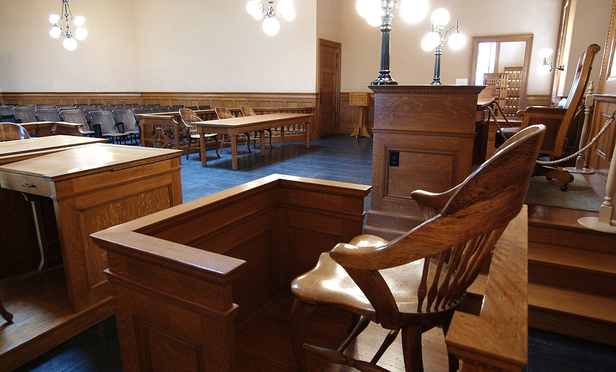A legal malpractice plaintiff is not entitled to a continuance to seek an expert to testify despite learning shortly before a scheduled trial that his intended expert was ineligible, the Pennsylvania Superior Court has ruled.
A split three-judge panel issued a March 27 memorandum finding that Aldis Rutyna should have known that his medical expert had signed a consent judgment precluding him from testifying against the medical center involved in Rutyna’s underlying medical malpractice case. The trial court correctly dismissed the case with prejudice due to Rutyna’s inability to produce an expert witness, the appellate court determined in Rutyna v. Schweers.



